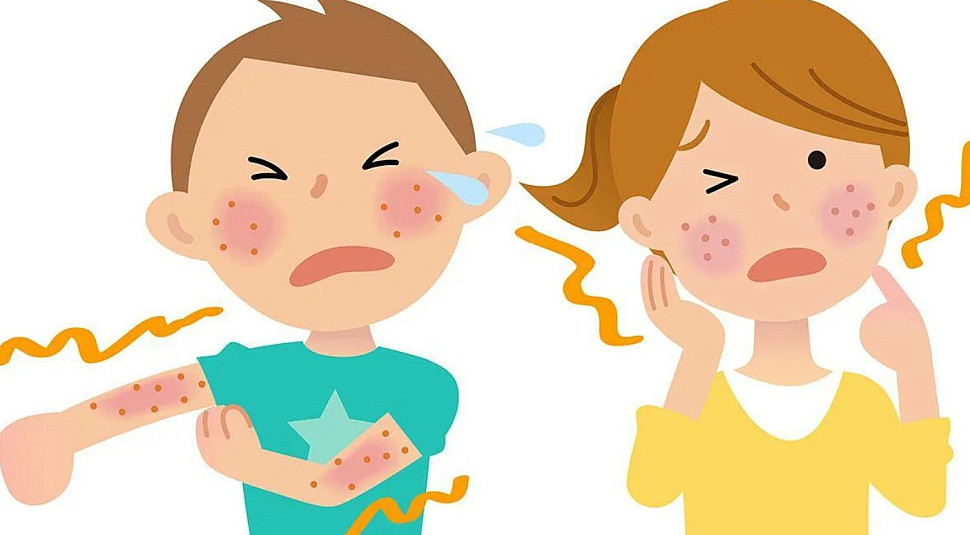Allergy

Allergy
Allergies are abnormal responses of the immune system to substances known as allergens when they are exposed directly to them. These allergens themselves do not pose a threat to the body, but the immune system mistakenly recognizes them as foreign and responds to them in an overly vigorous manner. Allergic reactions are among the most common conditions and can underlie the development of many serious disorders.
Allergens include house dust, mold, insects, latex, household chemicals, animal dander, plant pollen, foods, medicines, and much more. When exposed to allergens, the body releases histamine and histamine-like substances, which cause vessels to dilate and fluid to leave the tissues. This results in such symptoms as redness of the skin, sneezing and swelling of various sites. The most dangerous manifestation of an allergic reaction is anaphylactic shock.
The allergic reaction goes through three stages. The first contact with the allergen triggers the first stage - sensitization of the body. At this point, antibodies and special cells are produced, allowing the body to "remember" the allergen and prepare to fight it in the future.
Upon re-exposure to the same antigen, it combines with previously produced antibodies or immune cells, triggering a second phase of reaction—the release of histamine and other active substances. This release, in turn, initiates the third phase of the allergic reaction - its clinical manifestations. The most common symptoms of allergies are runny nose and tearing that occur together each year (pollinosis), eye inflammation (conjunctivitis), severe itching and redness of the skin (urticaria), swelling of the face and upper airways (angiedema), and recurrent dry cough at night and asthma. The most serious allergic reaction is anaphylactic shock. Anaphylactic shock causes severe itching, difficulty breathing, and shock, caused by a sudden drop in blood pressure. Weak filiform pulses, pale skin, and profuse sweating are characteristic signs of anaphylaxis. In severe cases, the lungs and brain may swell, leading to death.
Diagnostic methods
Diagnosis of allergies in a person is determined by the person’s characteristic symptoms. And blood tests for specific allergic IgE antibodies. Skin, provocative, elimination, cold and heat tests are also used.
Treatment
There is no universal treatment that completely eliminates allergies. Therapy is aimed at neutralizing antibodies, suppressing allergic reactions and reducing inflammation characteristic of all allergic processes. Treatment includes anti-allergic drugs, adsorbents (activated charcoal, polyphepan, etc.), antihistamines, plasmapheresis and immunosorption. Corticosteroids may be given if severe cases develop. If you have a tendency to allergies, it is important to always have at hand the necessary drugs, the choice and use of which should be discussed with an allergist.
Prevention
Preventive measures include following a hypoallergenic diet (excluding chocolate, citrus and other allergens), avoiding exposure to allergens, maintaining cleanliness in the home, and controlling dust and mold.

